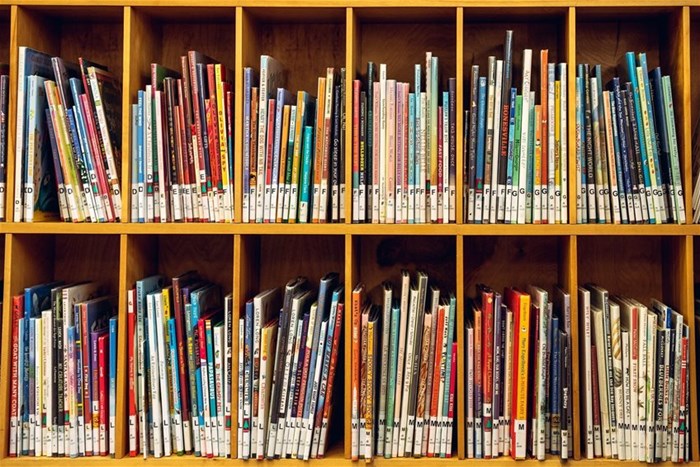
International Mother Language Day is observed globally every year on 21 February to promote cultural diversity and multilingualism. The day acknowledges language as a critical aspect of human culture and essential to maintaining cultural traditions.
According to Dr Benadette Aineamani, product and services director at Maskew Miller Learning, although South Africa is known as a cultural melting pot and boasts 11 official languages, throughout history, there has been an almost exclusive focus on English and Afrikaans learning materials –leaving hundreds of thousands of learners at a disadvantage.
“Focusing solely on two out of 11 languages has, without a doubt, left many learners on the outside of our education system. What makes their mother tongue less important?” Aineamani asks.
The recent 2030 Reading Panel background report left South Africans stunned as the study revealed shocking stats about the dire state of reading in this country. The report uncovered that 82% of South Africa’s Grade 4 children could not read for meaning, indicating an increase from pre-pandemic levels.
In recent years, however, more advocacy groups and the education sector at large acknowledge the impact and importance of multilingualism in schools. Thus, leading to a more pronounced focus on multilingualism in schools. “However, there are challenges to implementing multilingual education, one of which is the need for greater investment in developing language registers in various subjects, and teaching materials, Aineamani says.
Local educational publishing company Maskew Miller Learning (MML) is one of the organisations actively advocating for multilingual education in South Africa. “As a 100% South African-owned learning company, we understand the market and can help address the challenges head-on. This includes the eminent reading crisis and the need for multilingualism in schools,” she says.
In 2015, MML, formerly known as Pearson South Africa, was approached by the Western Cape Education Department (WCED) to institute an invention to strengthen reading instruction. "Upon research and needs analyses synthesised across 15 low-income primary schools in Cape Town, we found that none of the foundation phase classrooms had adequate reading resources. This was the basis for our decision to donate full class sets of our graded reading series, Vuma."
She says Vuma is unique to South Africa as the series was originally developed for each South African mother tongue. Importantly, she says the Vuma stories are not translated or versioned into different languages, "The implication is that the stories could be completely different per language through direct translation - even though they all use the same cast of characters and the same setting. Not translating the stories presents a unique advantage as the natural patterns and rich expressions of each language are captured.”
Regarding how Vuma impacted these schools, stats revealed that the Grade 3 language pass rate improved from 50% to 71,7% over the three years of the project. The Grade 3 Language average score improved from 40% to 60,4% over the three years of the project.
“This International Mother language day let's remember that promoting multilingual education is an active and important step towards promoting educational equity and helping learners reach their full potential. And this is particularly true in a diverse country such as ours”, Aineamani says.